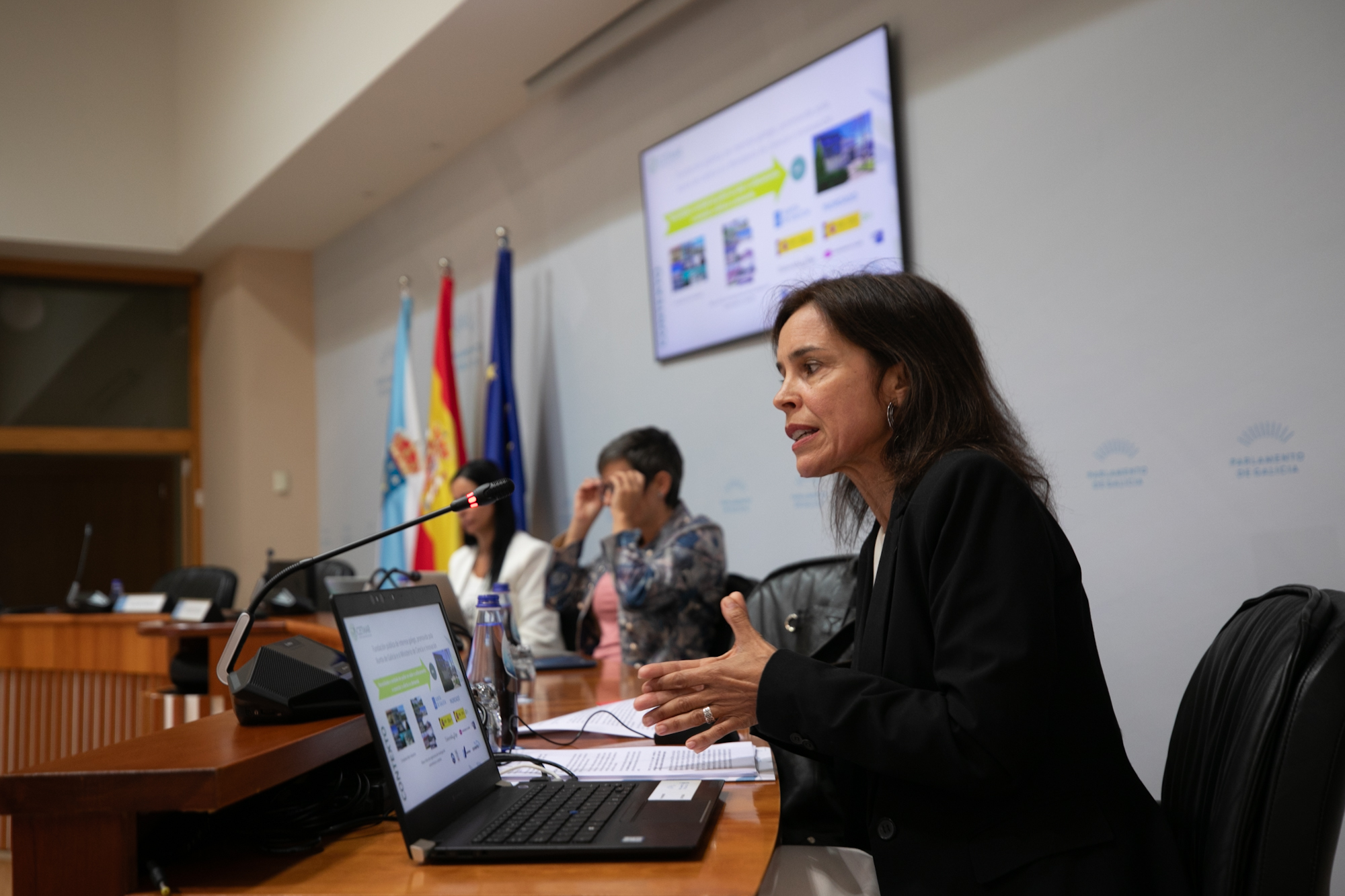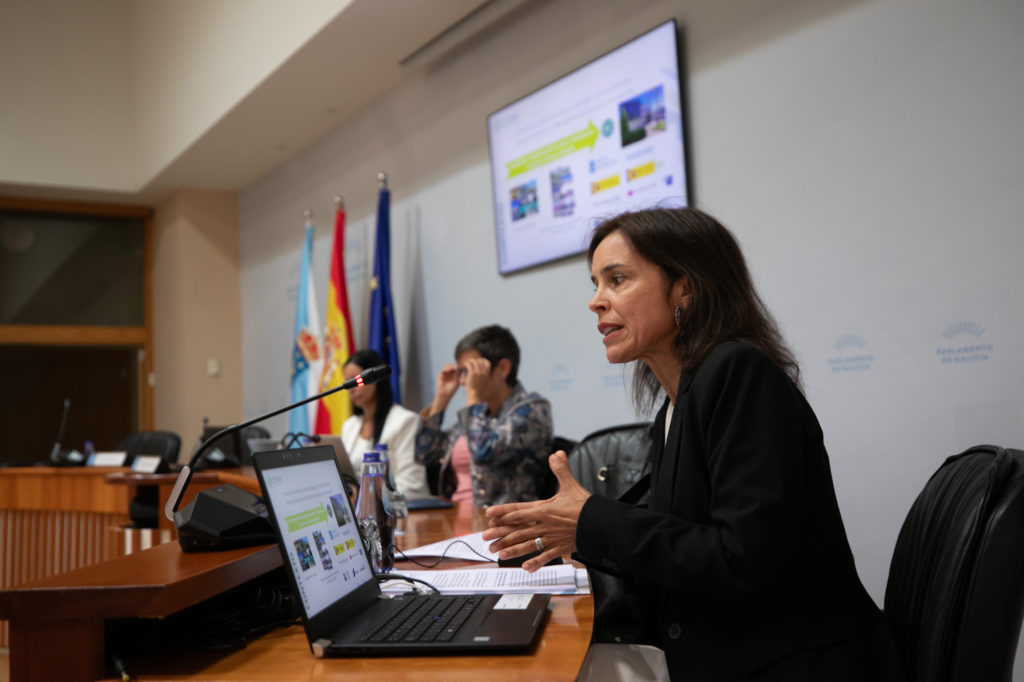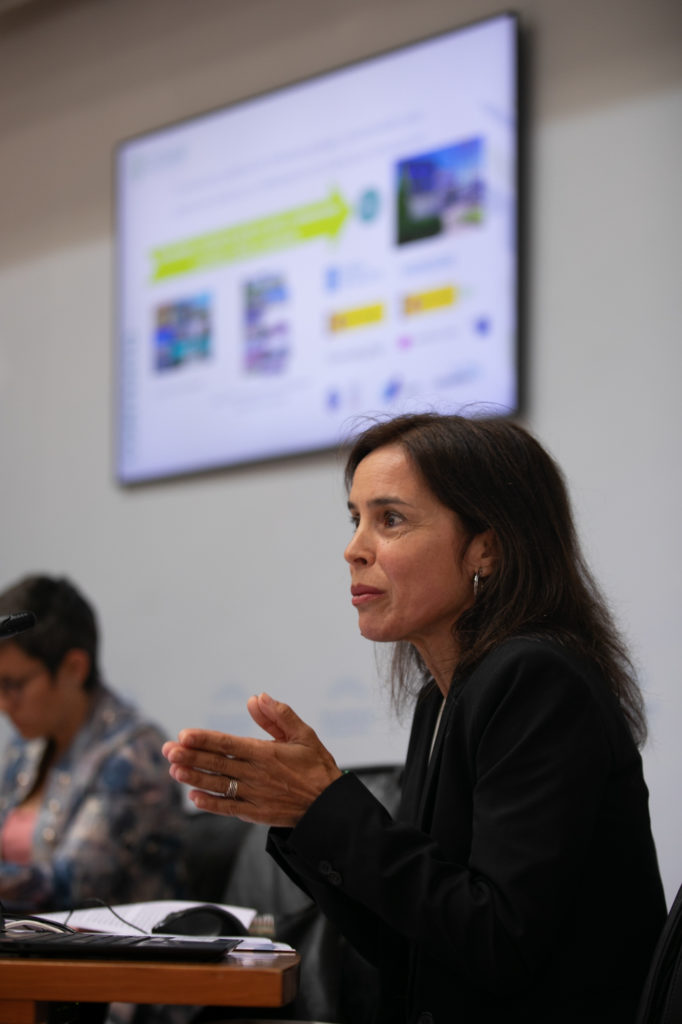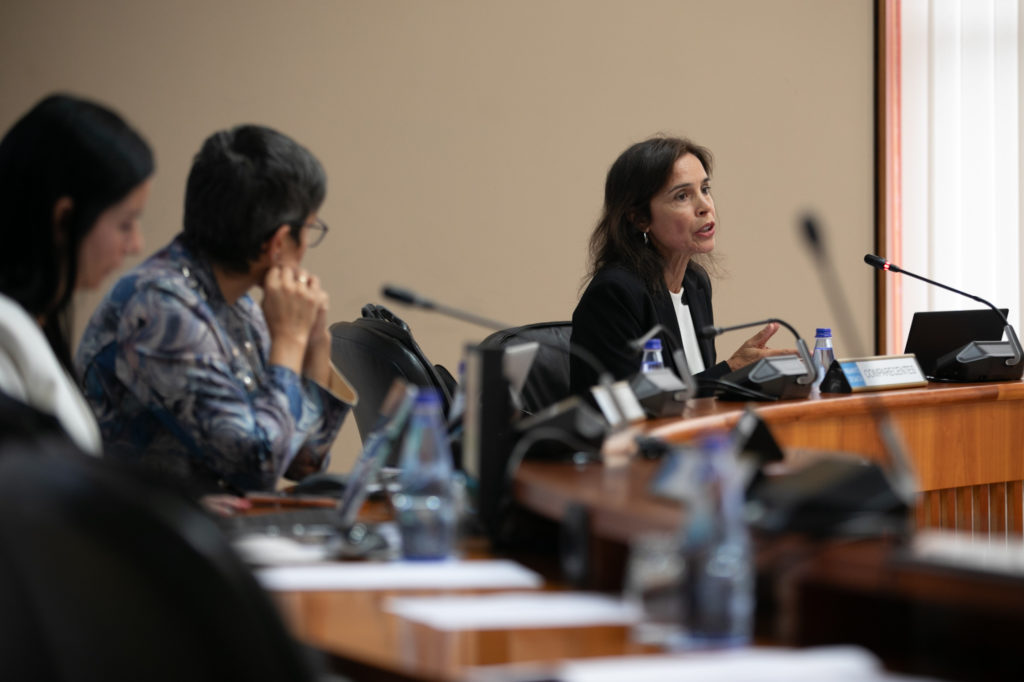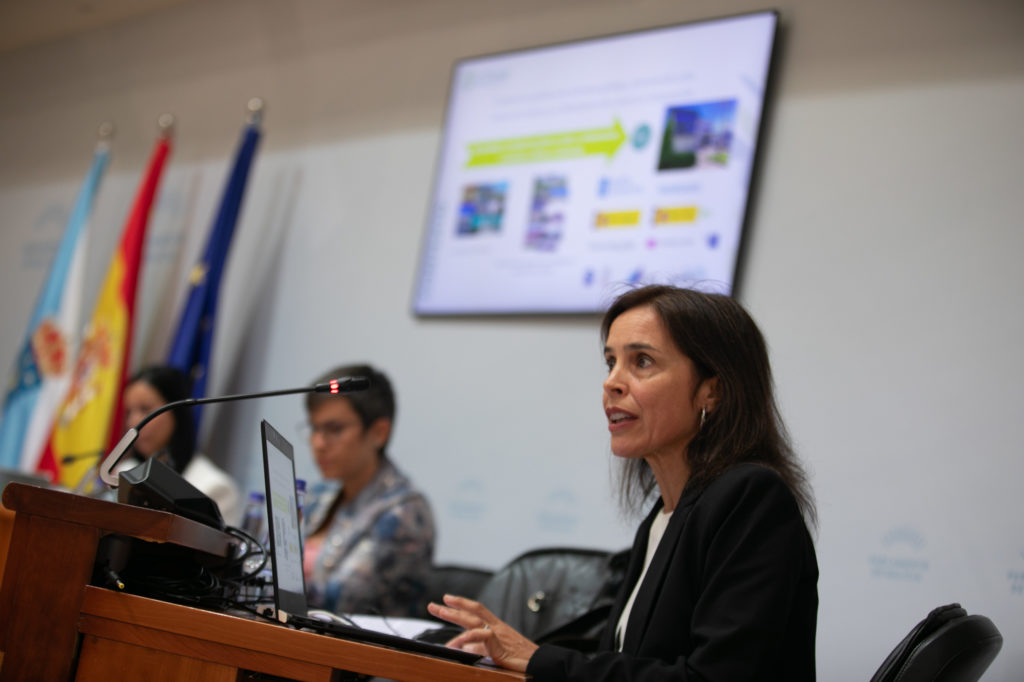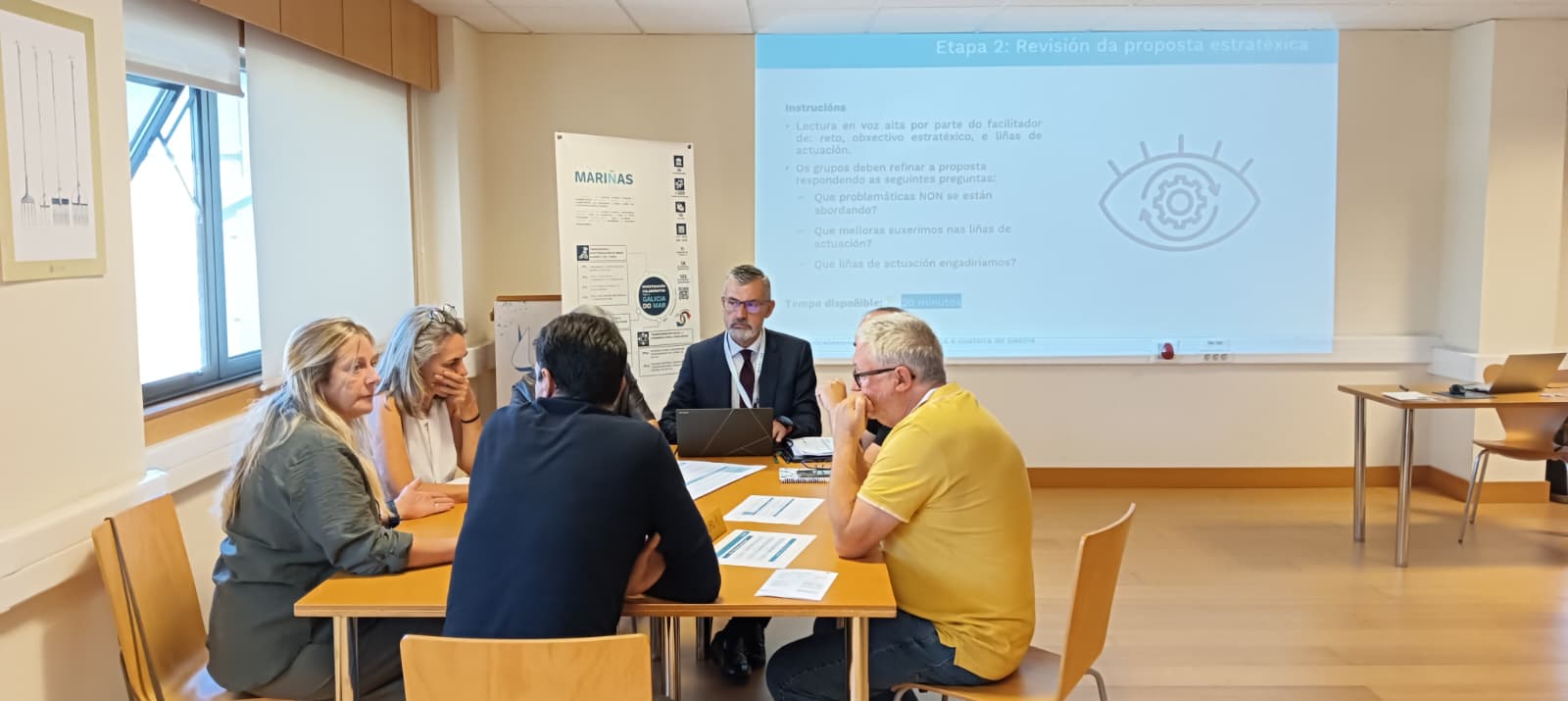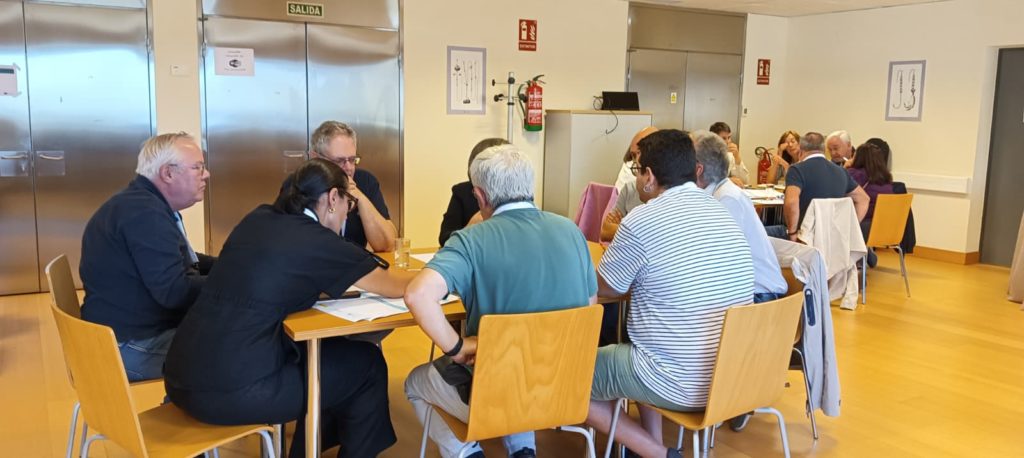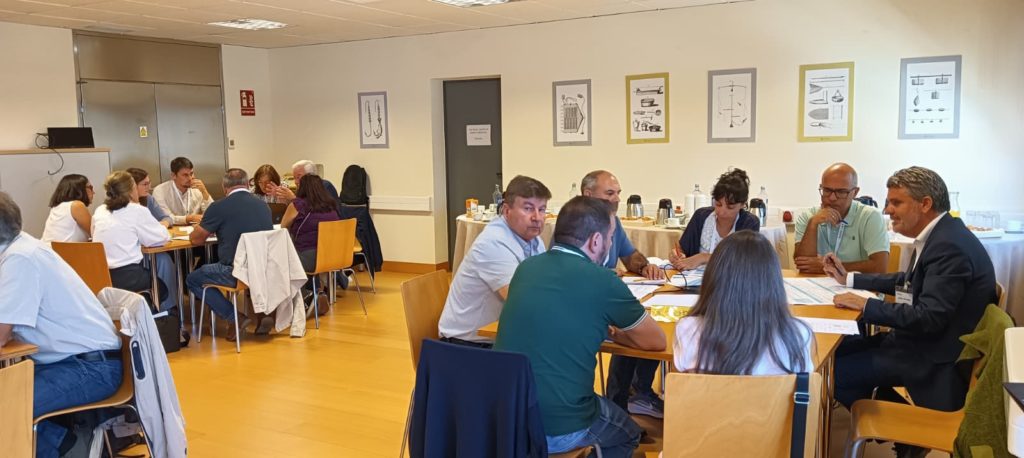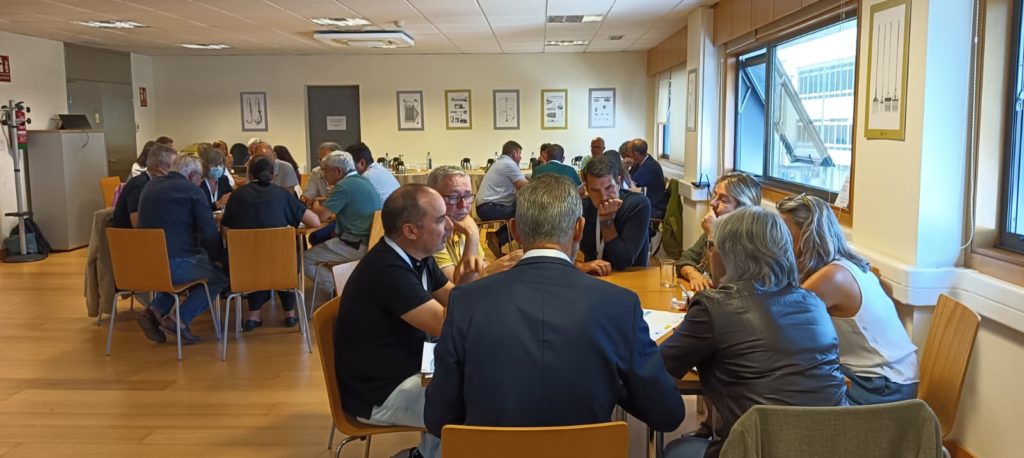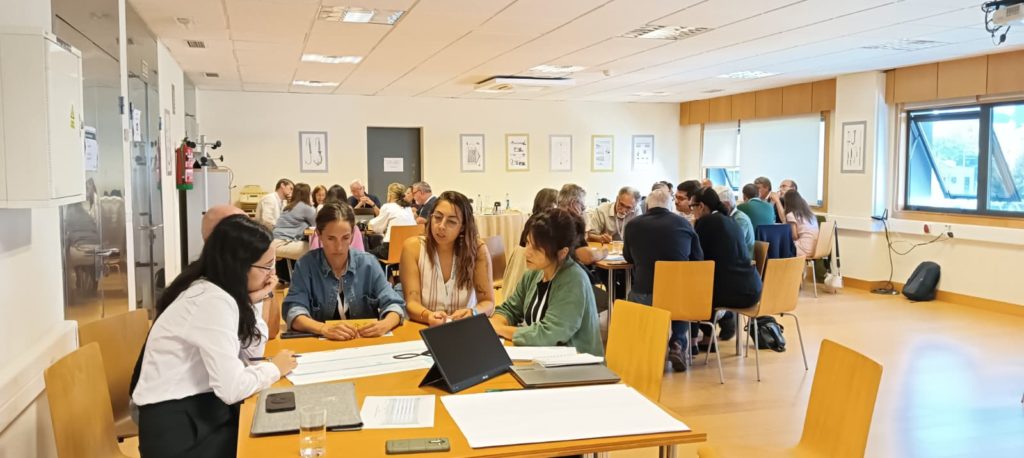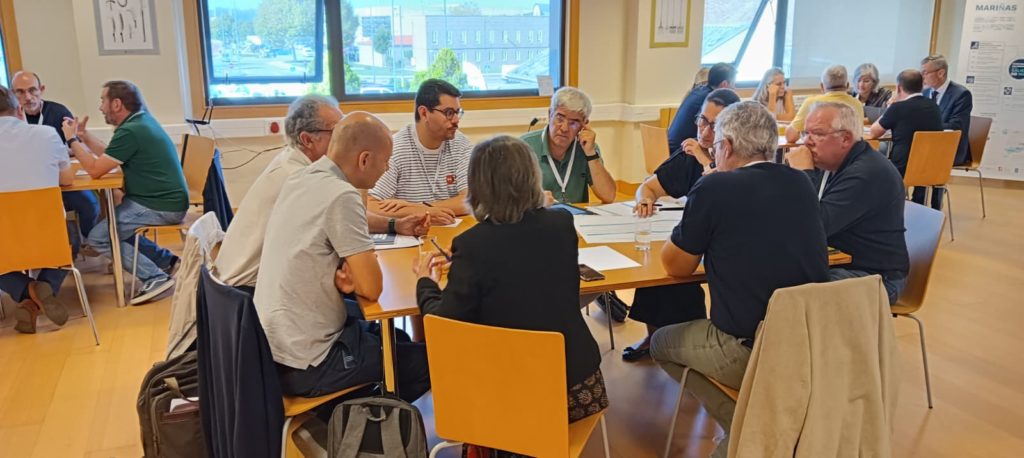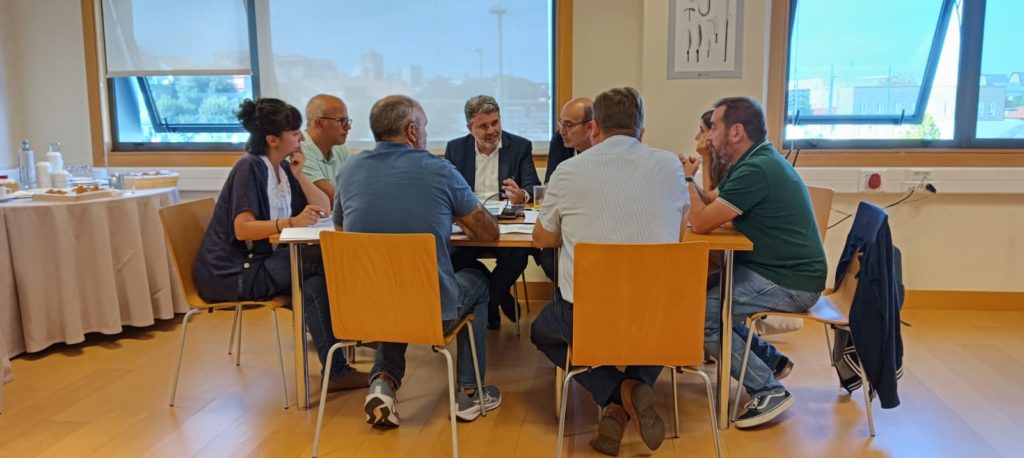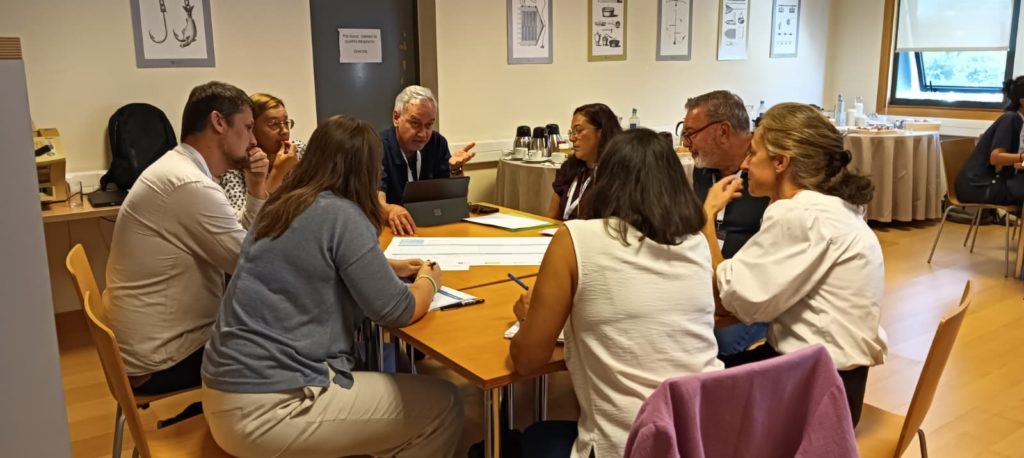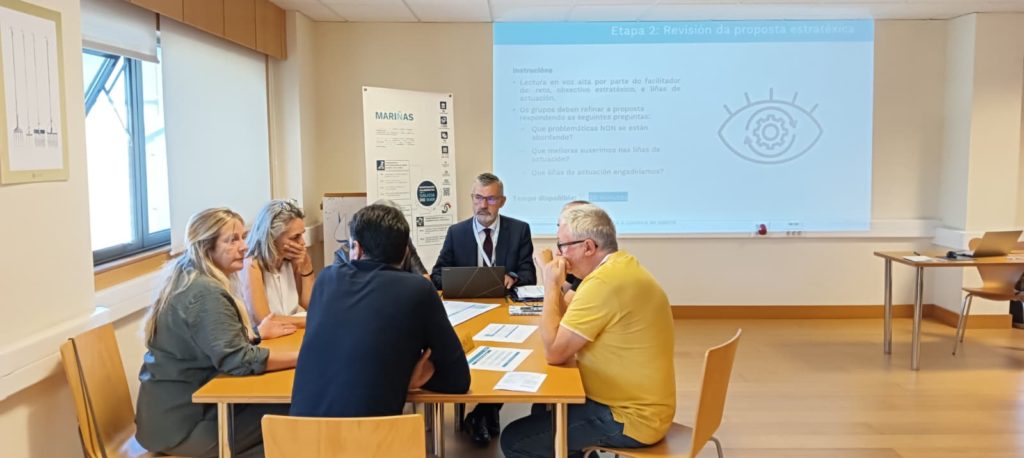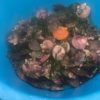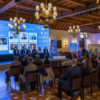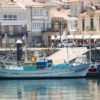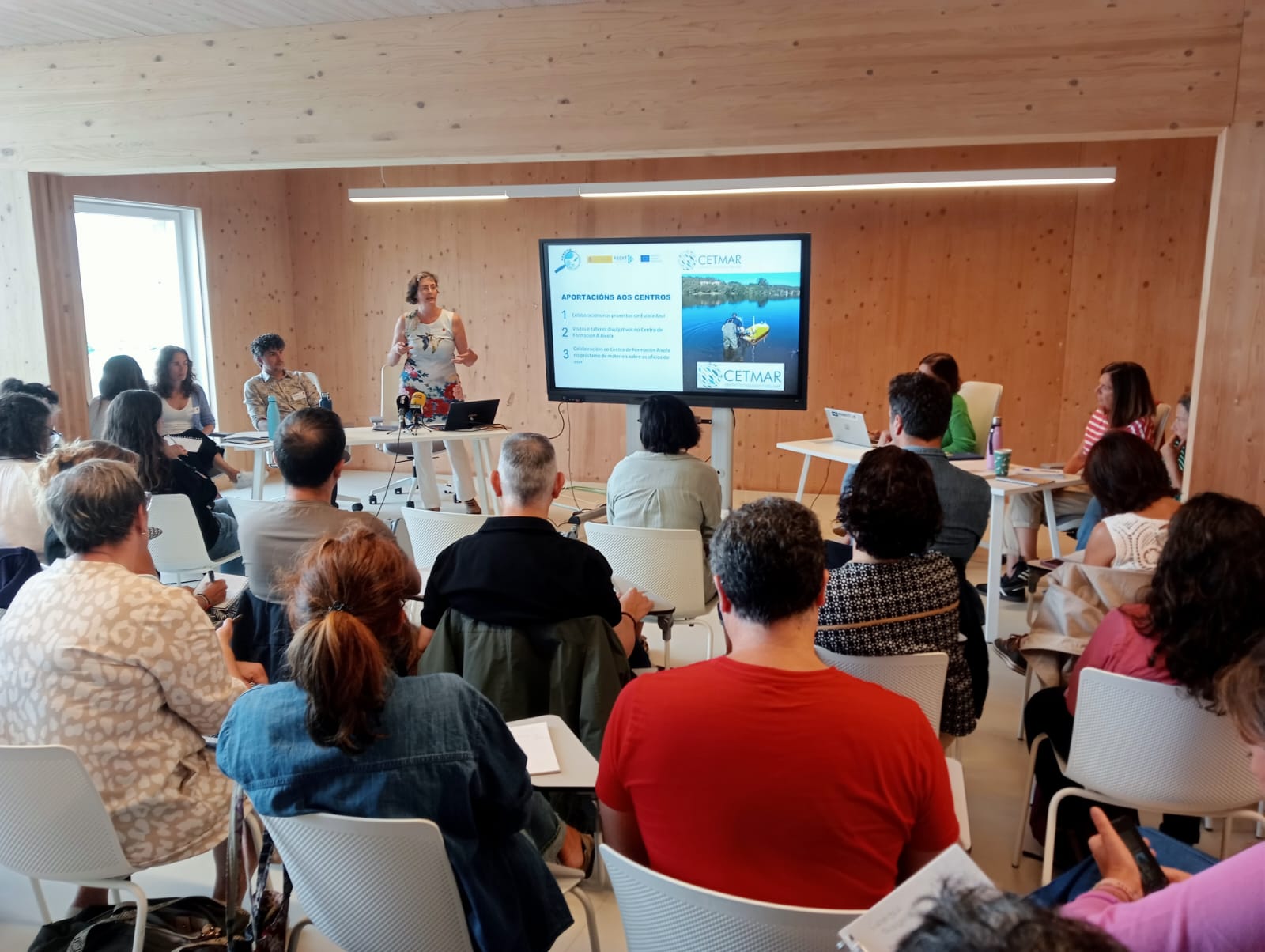
Presentation of the Galician Network of Blue Schools, promoted by the NEREIDA project
- CETMAR supports the Galician Network of Blue Schools, an initiative aimed at training new generations in the protection of aquatic ecosystems and in the use of scientific knowledge as a tool for sustainability and adaptation to climate change.
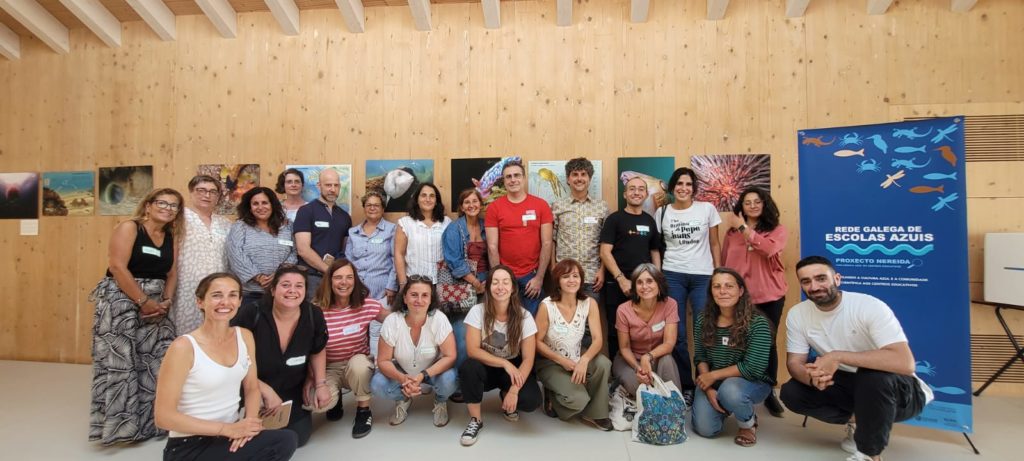
The Redeiras Building of the University of Vigo hosted this Thursday, September 4, the presentation of the Galician Network of Blue Schools, an initiative promoted through the NEREIDA project with the collaboration of CETMAR, both in the project and in the organization of the event.
The Galician Network of Blue Schools is aimed at educational centres that incorporate ocean and aquaculture culture into their activities through projects linked to the sea, rivers, and lakes that involve the educational community.
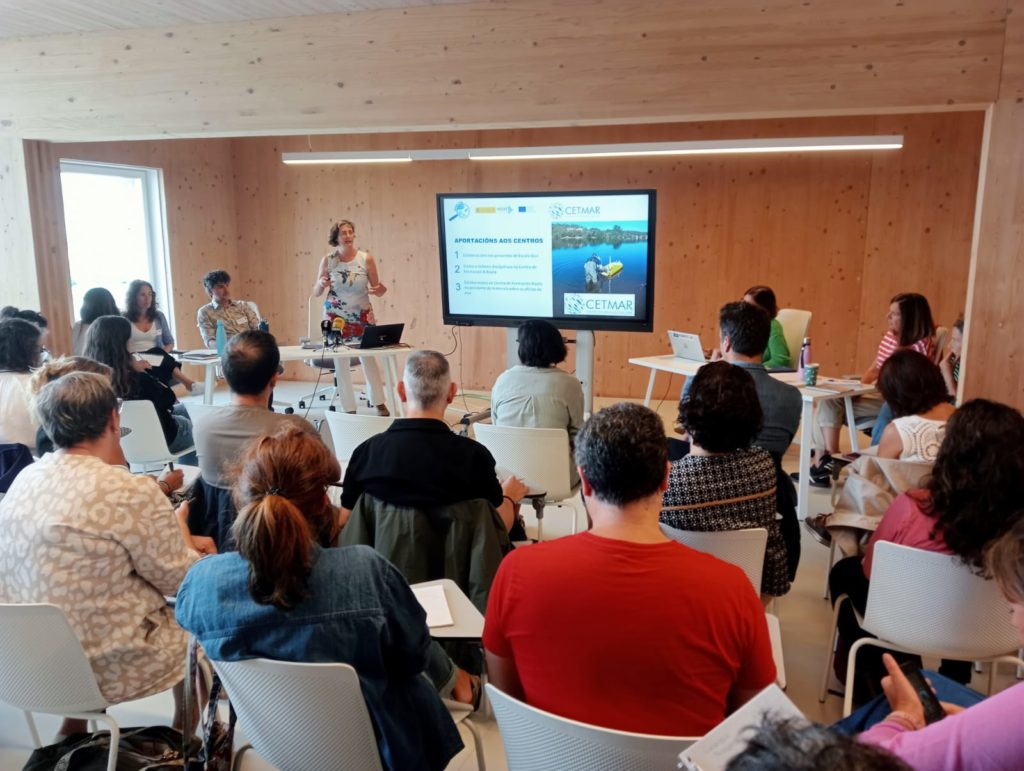
Through this Network, participating schools receive support to develop blue projects, access specialised materials, take part in teacher training programmes, and obtain information on funding opportunities. The goal is to engage students and the local community, fostering practical and critical learning about aquatic ecosystems. It also seeks to raise awareness of the fundamental role of the ocean in climate regulation and biodiversity.
The presentation day was held today at the Redeiras Building of the University of Vigo, located in O Berbés. The programme included the institutional presentation of the network, examples of good practices in already accredited schools, a participatory workshop for project creation, and spaces for dialogue and sharing of conclusions. Six schools from the network and seventeen interested schools took part in the initiative, bringing together around 40 participants.
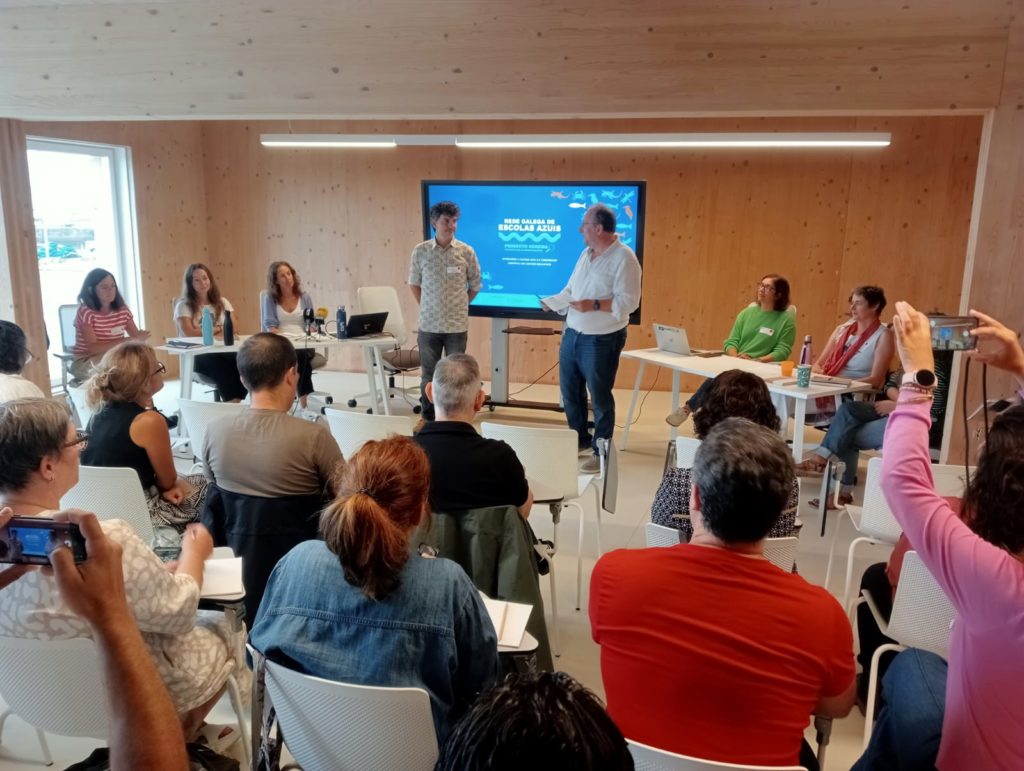
This initiative is part of the Network of European Blue Schools (NEBS), promoted by the European Commission within the framework of the EU4Ocean coalition and coordinated by the European Marine Science Educators Association (EMSEA). It thus contributes to the achievement of Sustainable Development Goals 4 and 14 (quality education and life below water) and to the objectives of the UN Decade of Ocean Science for Sustainable Development 2021–2030, led by UNESCO.
The NEREIDA project is funded by FECYT and coordinated by the CIM of the University of Vigo. In addition to CETMAR, collaborators include the Institute of Marine Research IIM-CSIC, the Port Authority of Vigo, FUNDAMAR, 13 Grados, and Northwind.

